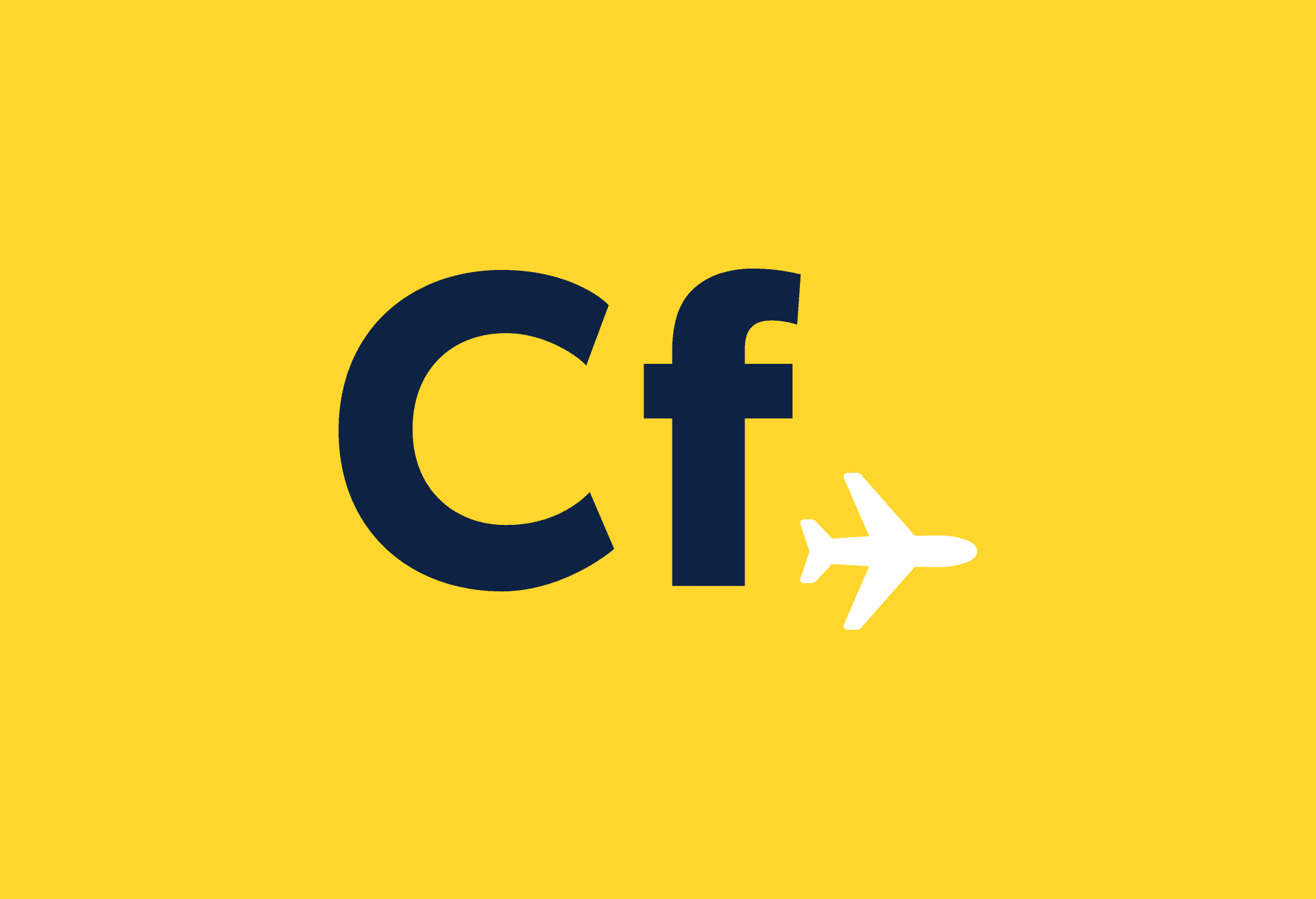The ongoing effects of the global financial downturn have undoubtedly had a huge impact on the aviation industry, with many airlines collapsing and others reporting reduced passenger numbers.
It is fair to say that the next few months, and possibly years, will likely be difficult ones for carriers, as some travellers cut back on trips in a bid to save cash and reduce their flights as they aim to be more eco-friendly.
There have been various suggestions as to what can be done to try and help bolster the industry, but according to easyJet one particular idea should not necessarily be pursued.
In response to suggestions that traditional airlines should be able to keep hold of landing spots that aren’t being used, easyJet has sent a letter to the EU and asserted that it should avoid “narrow-minded protectionism”.
Earlier this week, the Association of European Airlines (AEA) called on the EU to allow airlines to keep their slots, even if they have not used them, for a whole year.
Speaking to Reuters on Tuesday (March 3), the trade body said that it had discussed its plans to ease restrictions on certain slots with the EU, suggesting that it should put a temporary hold on the requirement that airlines should use them at least 80 per cent of the time.
According to easyJet, the EU Commission is now considering plans to put a hold on the rules governing the allocation of takeoff and landing spots at some of Europe’s main airports. However, the low-cost carrier does not think that this is a viable or cost-effective plan.
Andy Harrison, easyJet chief executive, said: “This is not about protecting the industry; it’s about propping-up a few poorly-run, inefficient network airlines with out-dated business models that cannot adapt to the demands of modern consumers.”
The airline has argued that such a practice would mean that rarely used slots would not be freed up, meaning that there would be a lost opportunity to offer more routes and cheaper flights to passengers and provide a boost to the industry. Harrison went on to say that it makes more sense to allow slots which are “in demand” to be used by different airlines instead.
Otherwise, he argued, passengers could find that flight prices become higher, which would not be particularly helpful for travellers, or indeed an industry that is looking to retain customer loyalty and survive the recession.
He explained: “A slot freeze helps inefficient, legacy airlines to hoard scarce resources from European airlines that are ready and willing to use them. “Implementing such a measure would lead to fewer flights, and higher fares, thereby exacerbating the economic situation, not helping it. We must resist this lurch back to the stone age of protectionism.”
Whether or not the plans will be actioned remains to be seen, but what is clear is that there are different schools of thought when it comes to the future of the aviation industry and the direction it should be flying in.



